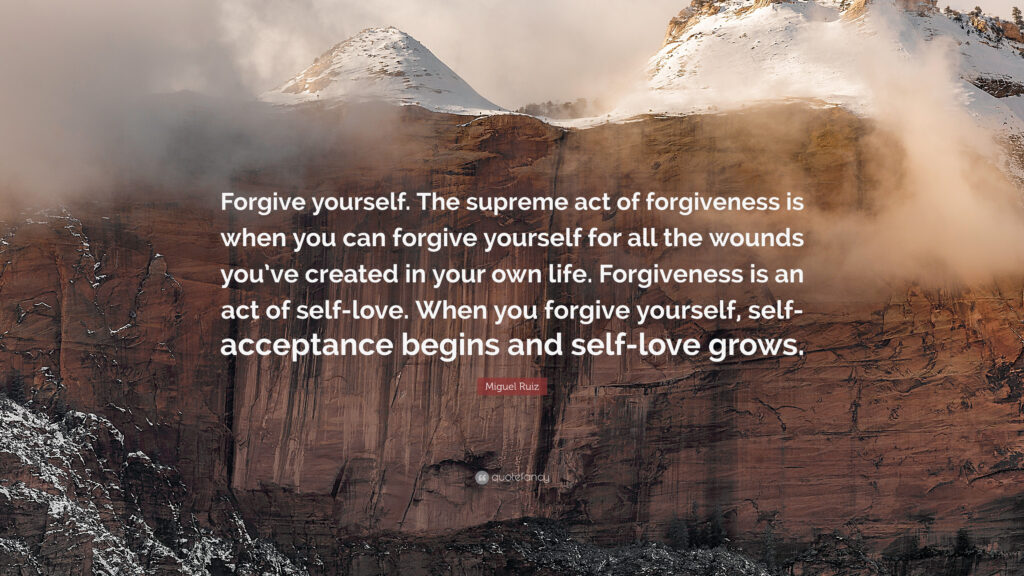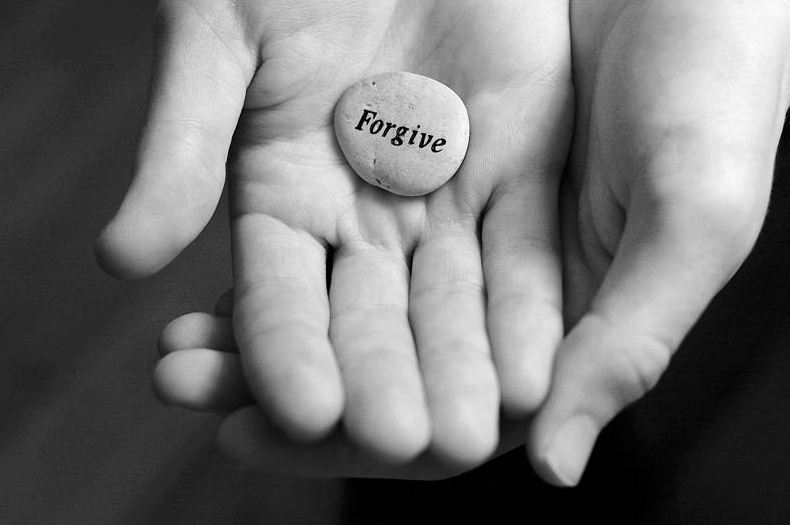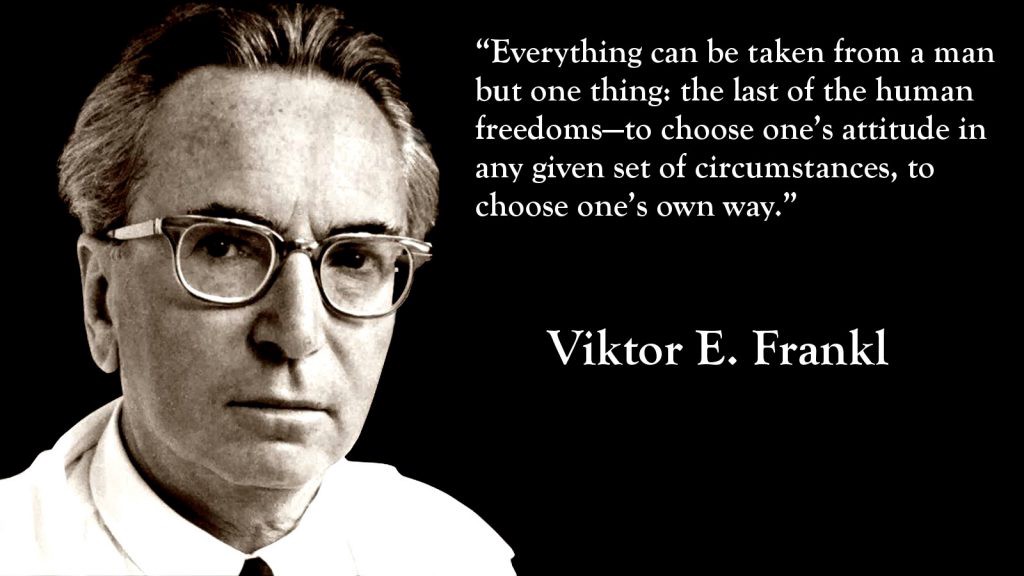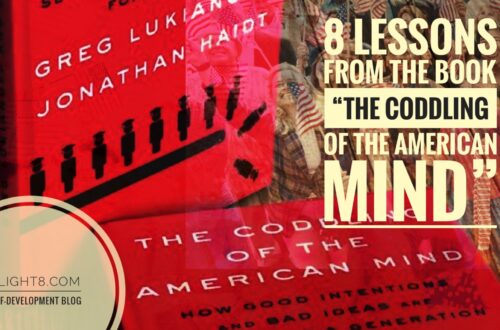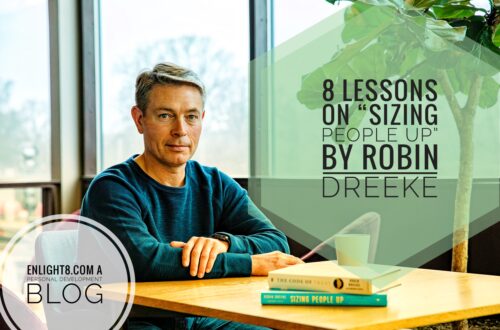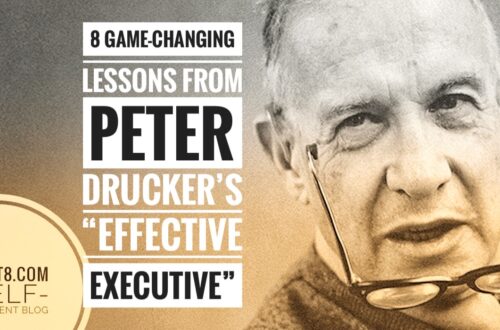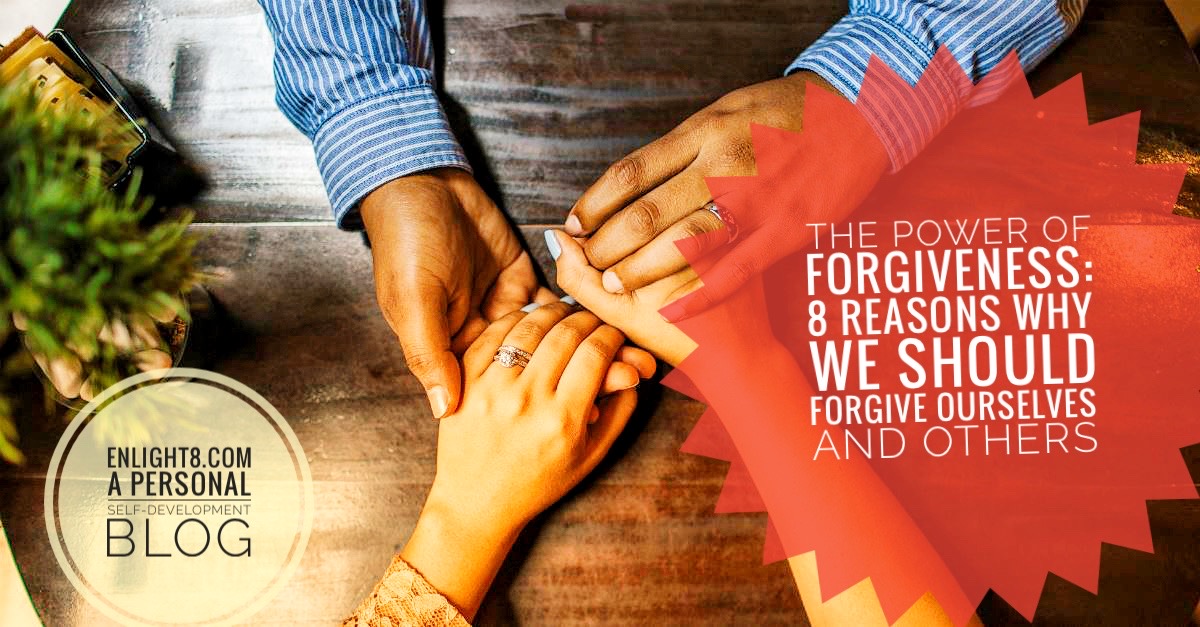
The Power of Forgiveness: 8 Reasons Why We Should Forgive Ourselves and Others
The act of forgiveness is a powerful and meaningful endeavor. Letting go, rekindling connections, and embracing love, trust, and peace may seem difficult to achieve. However, forgiveness offers us the inner peace we deserve. For many of us, it is challenging to give another chance to someone who has hurt us; we often try to protect ourselves from the pain associated with those memories. During this holiday season, it’s important to recognize that holding onto pain limits our ability to enjoy the moments of love and joy around us.
As we return home for the holidays, events like Thanksgiving and Christmas can bring mixed emotions. Some may experience anxiety or fear, especially when facing friends and family who have caused us pain in the past—people we find difficult to forgive.
The holiday season is an ideal time to embark on the journey of forgiveness. Forgiveness is a way to escape the prison we have created for ourselves, allowing us to process the trauma we have endured. Here are eight thoughts on forgiveness and why we should embrace it, reclaim our power, and find a sense of peace this holiday season.
“To forgive is to set a prisoner free and discover that the prisoner was you.”
— Lewis B. Smedes
1. Acceptance and Reconnection Starts Within
We can begin the journey of forgiveness by taking the first step, whether it involves reconnecting with a family friend we had a disagreement with or reaching out to a sibling. As we grow older and gain wisdom, we come to understand that time is precious. We often underestimate the impact of holding onto grudges and how it can affect our well-being. The stress generated by harboring resentment is harmful to our health.
To start the process of forgiveness, we first need to do some inner work. We must learn to accept things as they are, not as they were or how we think they should be. The reality of the situation lies in the present moment. We are where we are today because of our past experiences, and it doesn’t matter whose fault it may be. What matters is our acceptance of the current situation.
No matter how painful it may be, we must begin by acknowledging and accepting our trauma. We start by reconnecting with ourselves. It’s essential to ground ourselves in the present, setting aside the “what-ifs,” and simply embracing the moment as it is.
2. Acknowledge Human Frailty
In one of her Life Classes, Oprah Winfrey described forgiveness as “letting go of the hope that the past could be any different.” We all make mistakes, and committing one does not make us less noble or saintly; it simply makes us human. The words or actions we have taken, or those inflicted upon us, can lead to pain that we might lament for years. However, if we do not forgive, this pain can become an open wound.
As humans, we are fragile in the grand scheme of the universe, and forgiveness is a necessary step to heal our souls. Unfortunately, the grudges and mistakes of the past can linger if we hold onto them. Since we are incapable of perfection, we should not expect it from everyone we encounter.
For a long time, we may have blamed our parents for our struggles, not realizing the complexities of the human experience. Our parents did not have a guidebook or manual to achieve perfect parenting. They simply did the best they could with the resources they had at the time. Additionally, they may have been dealing with their traumas, which could have unintentionally caused us pain and further trauma. Forgiveness can break this cycle of suffering passed from one person to another.
Therefore, forgiveness must begin with the understanding that we—everyone, including those who have wronged us—are simply processing the traumas inherent in our fragile human existence. By acknowledging this human frailty, we can learn to forgive.
3. Forgiveness is Our Freedom
Dig deeper into the heart of the matter. Yes, we may have been wronged, but did we do anything to provoke the conflict? Often, we only see our side of the story, and our biases prevent us from understanding the whole picture. We can never be completely sure; perhaps we unintentionally did something that pushed others away.
In her Life Classes, Oprah Winfrey further described forgiveness as “letting go of the hope that the past could be any different.” Everyone makes mistakes, and making a mistake does not diminish our worth as individuals. Mistakes remind us to reflect on the things we might have done wrong or allowed others to do to us. When we learn to accept this truth, we realize that forgiveness is the remedy to soothe a heart burdened by hate. Since we are incapable of achieving perfection, we should not hesitate to give or ask for forgiveness.
“Forgiveness is letting go of the hope that the past could be any different”
— Oprah Winfrey.
4. Be Inspired To Let It Go
We can experience profound forgiveness from others, and their stories can serve as powerful examples for us. Their bravery can motivate us to move forward, especially if they have faced similar challenges or endured even worse situations. Let their acts of forgiveness inspire us to release our own burdens.
One notable example of deep forgiveness is Viktor Frankl, a Jewish Holocaust survivor who experienced immense suffering in Auschwitz. Frankl documented his experiences in the book “Man’s Search for Meaning,” where he shares how he coped with the atrocities around him and ultimately found a way to survive genocide.
“Everything can be taken from a man but one thing: the last of the human freedoms—to choose one’s attitude in any given set of circumstances, to choose one’s own way.”
“When we can no longer change a situation, we are challenged to change ourselves.”
— Victor Frankl
5. Processing The Trauma
Forgiving someone often involves processing the trauma that they have caused, as well as the trauma we may have inflicted during the conflict. To effectively move forward, we need to articulate our feelings and thoughts in a way that promotes healing. This may require us to confront and accept our emotions, even those that bring us deep pain.
Engaging in conversations with a friend or a therapist can be an essential step in this process. A sign that we are ready to move on is our ability to discuss the situation from an objective viewpoint, almost as if we were an outsider observing the conflict. Having someone we trust to help guide us through this can be invaluable.
It’s beneficial to seek out a friend who can listen without offering advice, but hiring a therapist who provides a supportive and non-judgmental space can be even more effective. This support will help us process the situation and prepare ourselves to embrace the journey of forgiveness.
6. Write a Journal or a Letter
Writing down our hurt can be a powerful way to process our emotions safely. Creating a letter or a journal entry allows us to express our feelings on paper without fear of judgment.
When we take the time to write about our experiences, we can articulate how we perceived the situation and how it affected us. This act of unloading our feelings onto the page can help us describe the problem and explore the deep pain it has caused. In doing so, we might uncover underlying meanings that we hadn’t noticed before.
One effective approach is to write a letter to the person who caused us pain, focusing on forgiveness. While we may choose to share this letter with them later, it often serves more as a tool for our own healing than for the recipient. Even if the relationship is beyond repair, the letter can symbolize our forgiveness and help us move on.
7. Establish Boundaries
When we forgive someone who has wronged us, it can lead to either moving forward and developing the relationship or cutting ties with that person for good.
Forgiveness means acknowledging our hurt, but it does not imply that we condone what happened. While we may not forget the incident, we allow ourselves to move on from it.
Setting boundaries is essential to prevent a recurrence of the wrongdoing. These boundaries need to be clear and firm, and we should communicate them to the person who hurt us. If we choose to forgive and maintain the relationship, respecting these boundaries is crucial.
Additionally, we must establish personal boundaries for ourselves. In some cases, this could mean permanently ending the relationship. Even if the relationship is not salvageable, maintaining this internal boundary is vital for us to ensure that forgiveness truly means moving on and leaving the past behind.
8. Forgive With Compassion
Forgiveness must begin with ourselves. We acknowledge that we are far from perfect, and our mistakes may have caused pain to both our loved ones and ourselves. The first step in practicing forgiveness is recognizing when we have done wrong and offering an apology. It is also important to ask for forgiveness sincerely.
Moving on from a painful situation involves practicing compassion towards ourselves, which allows us to acknowledge our pain and mistakes. We need to feel and recognize the hurtful situation, then take steps to improve it. If we have wronged someone, we should seek to make amends and ask for their forgiveness.
In some cases, when relationships have ended, it can still be worthwhile to reach out to express our regret, regardless of the outcome. Even if they do not accept our apologies, we must respect their feelings. Additionally, we should have compassion for ourselves as we move forward, which includes forgiving ourselves.
We can initiate the process of forgiveness with empathy and compassion for both ourselves and others. By forgiving, we transition from struggling to regaining our sense of power. Seeking professional help, such as a therapist or counselor, can also be beneficial in this process.
The act of forgiveness serves as a means to free ourselves, allowing us to learn and grow while finding peace in our lives.



